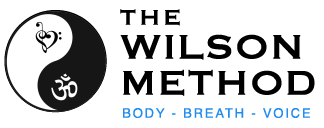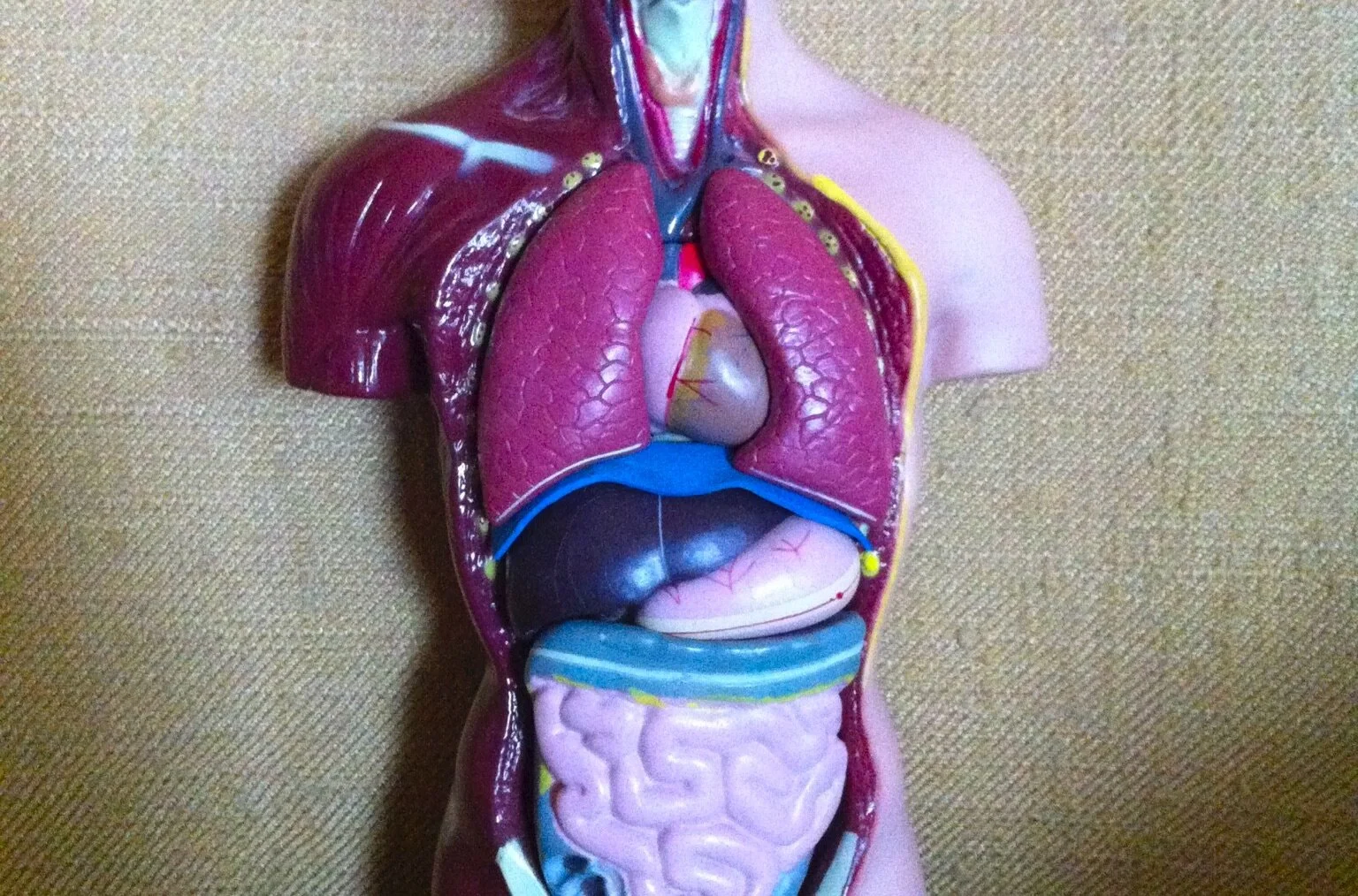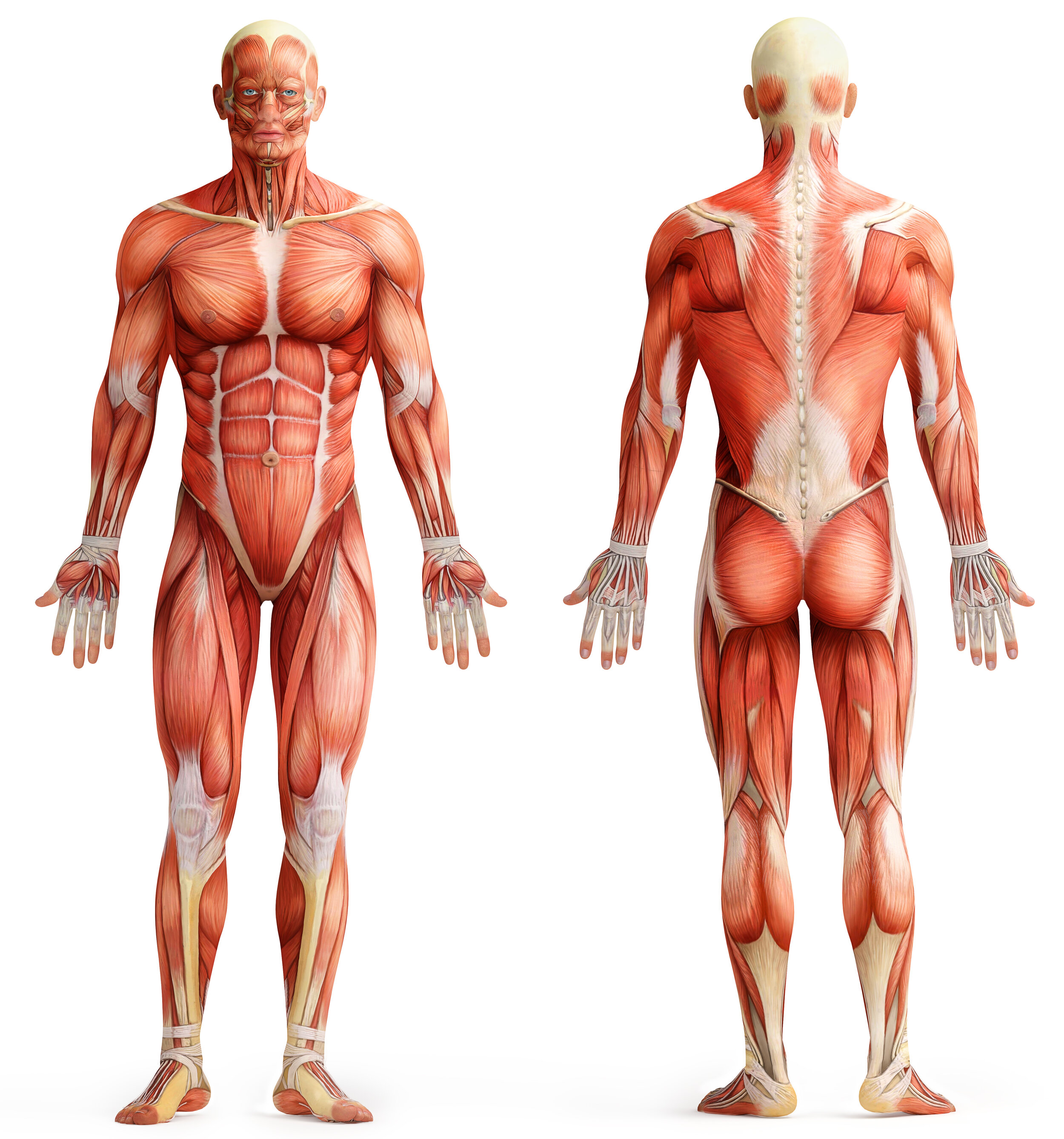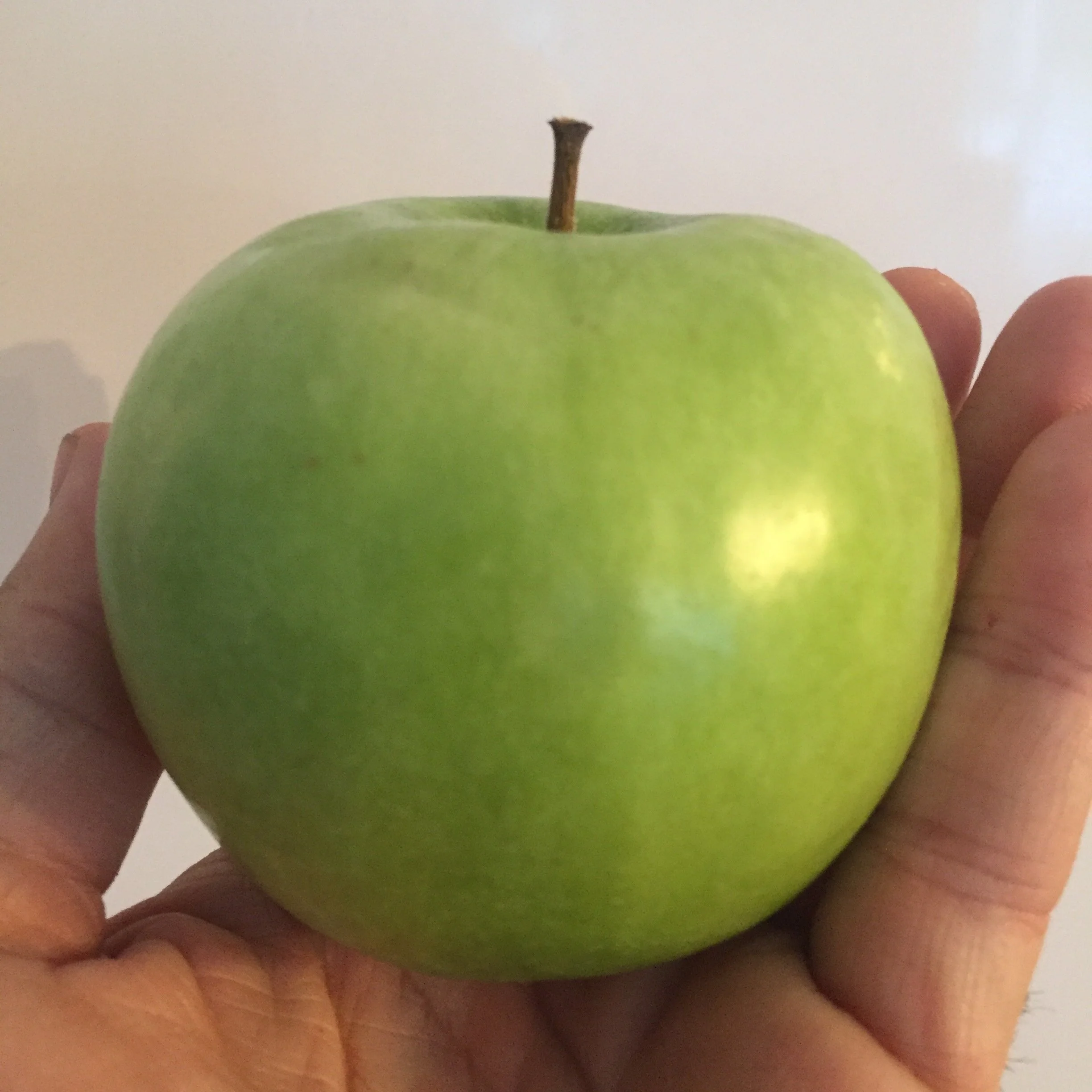There is much research and literature these days on the structural, functional and hormonal effects aging has on the vocal folds. Much of this work is important information. Presbyphonia is the term used to denote vocal deterioration due to anatomical and physiological changes of the larynx that can occur as we age.
This is true. Aging affects everything. This being said, everyone ages at different rates, in different ways, and it is very common to throw “unexplained ills” into the “Aging basket”, as in, “oh that’s normal, you can’t do anything about that, you’re just geting old”. This is lazy diagnosis, and is extremely prevalent in our society.
There is reason to believe that many confuse “Aging effects” with “Poor physical and vocal habits that increasingly show up as we age”.
It is my opinion, based on years of experience in this field, that a great deal of “Aging Voice Issues” are not about aging, or the voice. They are about the fact that many of us may have had less-than-functional physical, vocal and support techniques from the beginning - and this poor foundation of sub-optimal habits simply cannot hold up over time. In other words, “aging” is adjunctly coincidental to the crux of the issue; many people are simply not receiving the proper emoto-physiological training for lasting and resilient vocal technique.
We can get away with a mediocre vocal approach when we are younger - as we age, we require an increasingly sound singing foundation. The most precise, genuine and dependable approach involves integrating one’s full body to the act of phonation - as opposed to attempting to sing “from the neck up”. One’s mind, body, breath and voice must be functionally working together. This is the aim of The Wilson Method for Voice.
There is a big difference between aging, and having poor habits catch up with you because you are aging.































